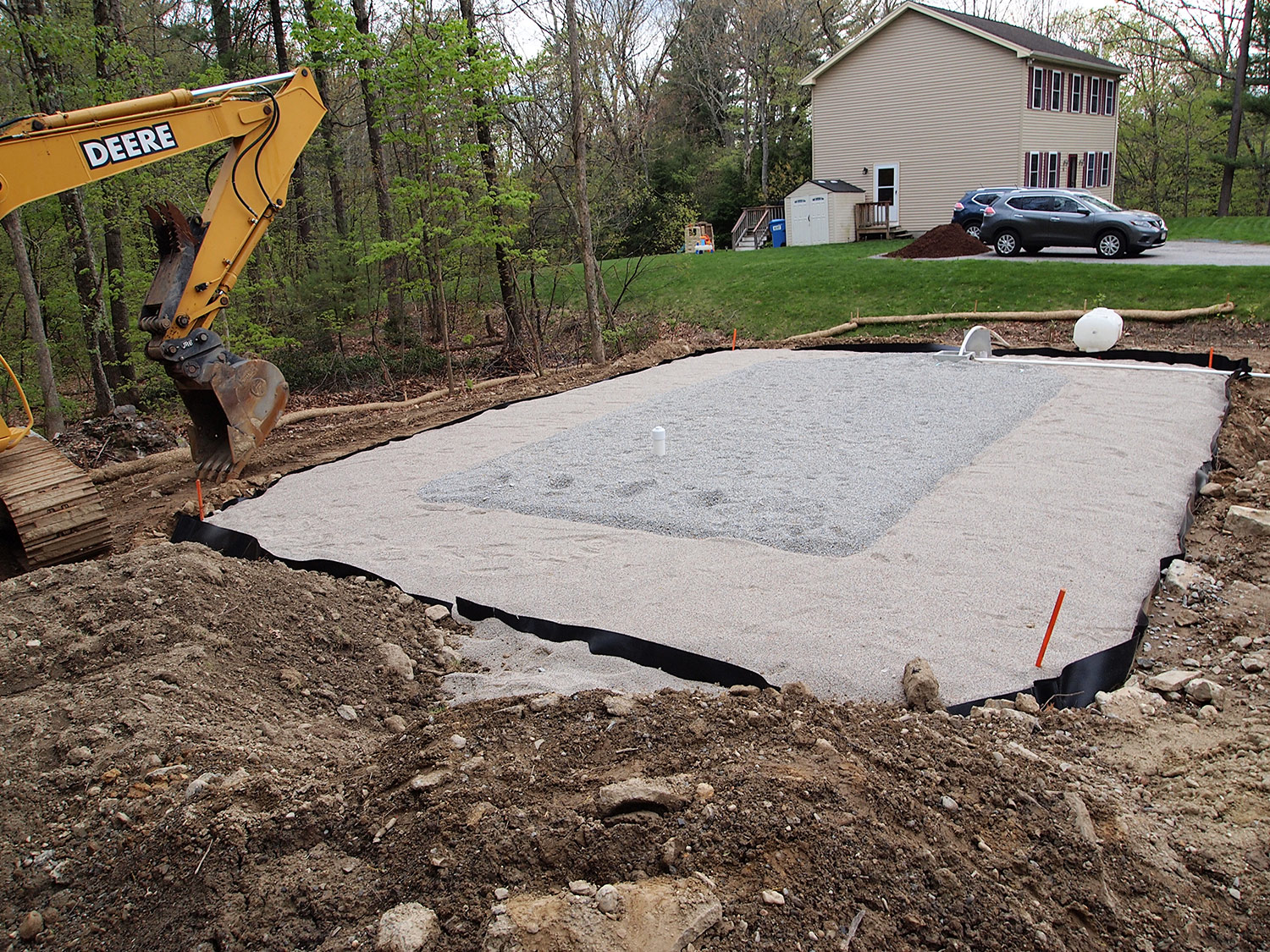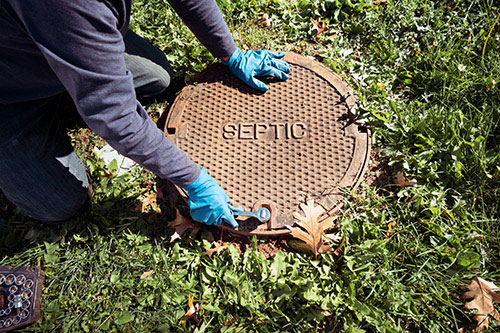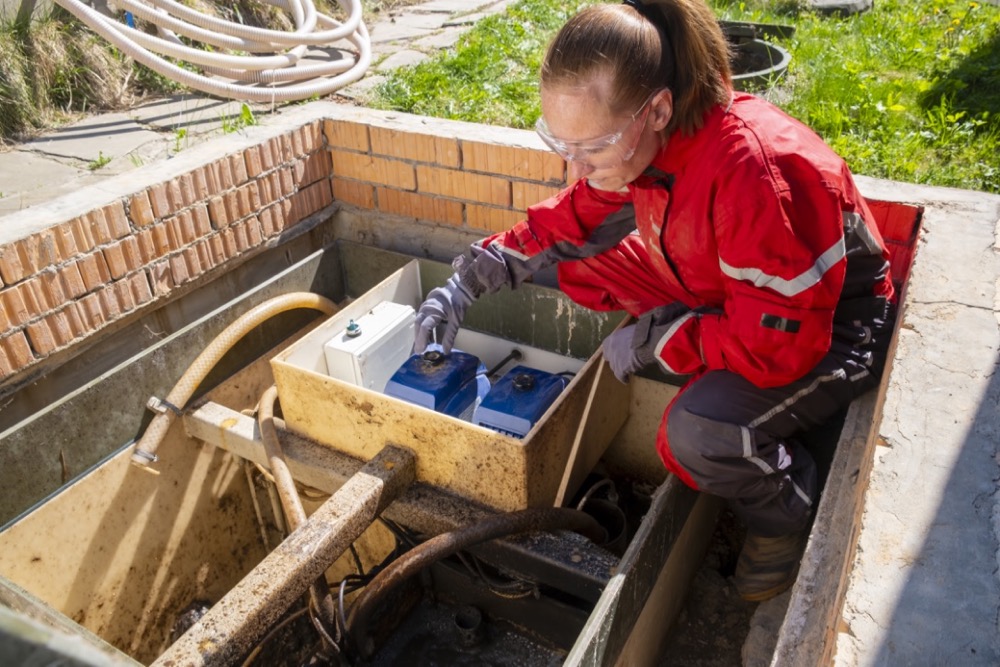
Plastic Septic Tanks
The Advantages: There are many advantages to using a plastic septic tank over a concrete septic tank, which include, but are not limited to:
- Plastic septic tanks are very resistant to cracking, unlike concrete.
- Rusting is a non-issue.
- As plastic weighs less than concrete, it is much easier to get a plastic septic tank into the location for installation.
- A plastic septic tank is more cost-effective than a concrete septic tank.
Plastic septic tanks can be water-tight and corrosion proof.
The Disadvantages: There are many advantages to using a plastic septic tank over a concrete septic tank, which include, but are not limited to:
- Plastic septic tanks tend to have lower effluent levels, which may be discovered after a tank is opened for pumping.
- If not installed properly, a plastic septic tank can "float" to the surface of the ground.
- Because plastic is such a light-weight material, it can be damaged at installation.
- Plastic septic tanks are not approved in all states.
When is a plastic septic tank appropriate? Plastic septic tanks can be the right choice when they are permissible in your state and when cost is a significant consideration. In the end, you must decide if a plastic septic tank is best for your project.
Concrete Septic Tanks
The Advantages:
- Concrete septic tanks have higher effluent levels than plastic septic tanks.
- Because concrete septic tanks are heavy, there is no chance of floating, unlike plastic septic tanks.
- Concrete septic tanks are long lasting and extremely durable.
- These septic tanks are approved in all states.
The Disadvantages:
- Concrete septic tanks are very expensive.
- These septic tanks can crack under extreme circumstances.
- Because concrete is heavy, it is very difficult to install.
- Though concrete septic tanks are very durable, they can crack and are more susceptible to leaks.
When is a concrete septic tank appropriate? When concrete is mandated by zoning codes, concrete septic tanks are appropriate. Additionally, septic professionals choose concrete when value is a more important consideration than cost.
For more information, contact Morse Engineering and Construction.
Source: septic.com


